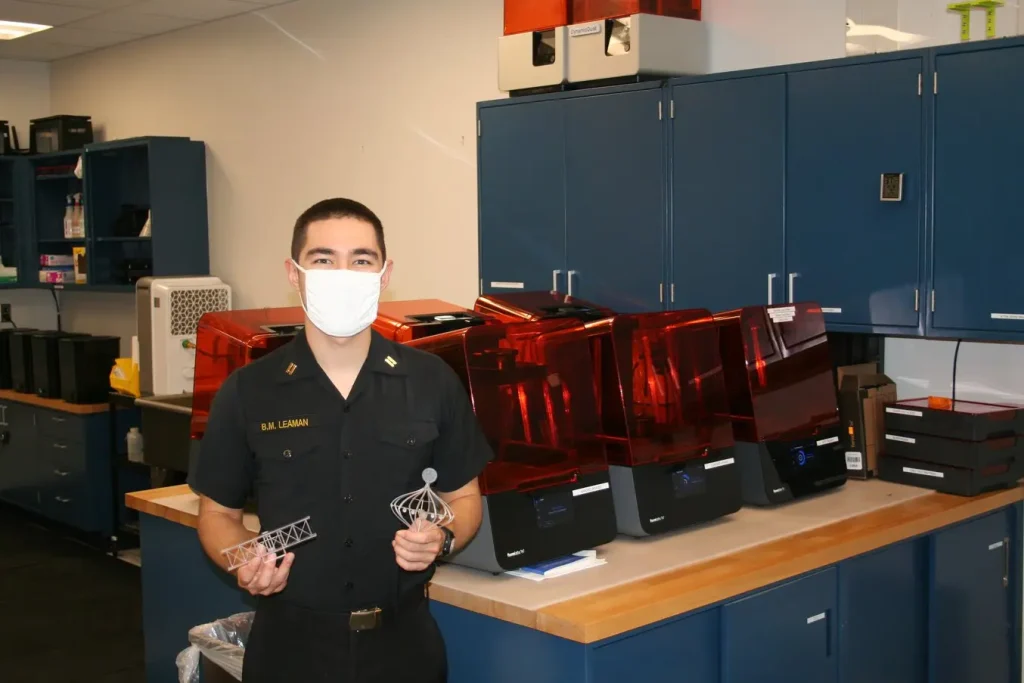Moderators: James Geshwiler, Managing Director, Common Angels Ventures;
Jodi Goldstein, Director, Harvard Innovation Lab
Jodi Goldstein, Director, Harvard Innovation Lab
More than 80 CEOs gathered for the morning session at the 2015 MassTLC
unConference. While most members of the
group were leaders of companies with fewer than 20 employees and many were
first-time CEOs, several seasoned CEOs, CFOs and CTOs also were in attendance
to offer their perspective on issues of management team composition and
evolution, fundraising, business process and other key areas of corporate
growth.
unConference. While most members of the
group were leaders of companies with fewer than 20 employees and many were
first-time CEOs, several seasoned CEOs, CFOs and CTOs also were in attendance
to offer their perspective on issues of management team composition and
evolution, fundraising, business process and other key areas of corporate
growth.
The area that drew the most sustained interest and richest discussion
was the question of management team composition and executive team
building. Many entrepreneurs – and newer
CEOs, especially – had questions about:
was the question of management team composition and executive team
building. Many entrepreneurs – and newer
CEOs, especially – had questions about:
1. CEO evolution – skill growth and knowing if and when to step aside
for more seasoned help
for more seasoned help
2. Recruiting CTOs and technical co-founders
3. Fundraising, investor outreach and relationship building
There was general consensus that strong CEOs are leaders of teams that
cover all of the key elements of running a company: technical/product,
sales/marketing, and finance. It is the
rare individual who can cover all bases entirely and those skill gaps often become
apparent as startups reach the $3-5 million revenue stage. So, it is incumbent on CEOs to do two
things: first, invest time and energy in
educating themselves in every area of their business to develop a working
knowledge of all that’s happening inside their company. Second, CEOs should develop an inner circle
of high-level experts that cover each of those functional areas at the expert
level. This “whole brain” concept of
team building says that the areas of expertise should be covered by skill and
experience, if not always by title, and must represent the spectrum of
corporate needs from vision to action to sustained operation. From an investor’s perspective, teams that
cover these areas and show few if any gaps are the most likely to get funded,
stay intact, and grow and evolve with their businesses.
cover all of the key elements of running a company: technical/product,
sales/marketing, and finance. It is the
rare individual who can cover all bases entirely and those skill gaps often become
apparent as startups reach the $3-5 million revenue stage. So, it is incumbent on CEOs to do two
things: first, invest time and energy in
educating themselves in every area of their business to develop a working
knowledge of all that’s happening inside their company. Second, CEOs should develop an inner circle
of high-level experts that cover each of those functional areas at the expert
level. This “whole brain” concept of
team building says that the areas of expertise should be covered by skill and
experience, if not always by title, and must represent the spectrum of
corporate needs from vision to action to sustained operation. From an investor’s perspective, teams that
cover these areas and show few if any gaps are the most likely to get funded,
stay intact, and grow and evolve with their businesses.
One of the great takeaways concerning CEO evolution was something
attributed to Andy Grove, legendary former CEO of Intel who said: I wasn’t the
only CEO of Intel. There were five of
them but they just happened to be me every time. The job changes.
attributed to Andy Grove, legendary former CEO of Intel who said: I wasn’t the
only CEO of Intel. There were five of
them but they just happened to be me every time. The job changes.
Regarding CTOs and the specific need for a technical co-founder, the
group consensus was that a technical expert was necessary at an early stage.
Good executive pairs are sometimes characterized as “a hacker and a hustler,”
and many investors consider the technical innovation aspect of a startup to be
its most investible asset. Many session attendees saw a real disconnect,
however, in how new founders approach potential CTOs and technical co-founders
by offering too little equity, too little incentive to partner, and too little
professional respect. Fundamentally, great techies are not lacking for
opportunity in this market and it is to every startup executives’ best interest
to not only trust and nurture a technical co-founder but to make the equity
split as close to 50/50 as possible to develop a true and highly functional
partnership.
group consensus was that a technical expert was necessary at an early stage.
Good executive pairs are sometimes characterized as “a hacker and a hustler,”
and many investors consider the technical innovation aspect of a startup to be
its most investible asset. Many session attendees saw a real disconnect,
however, in how new founders approach potential CTOs and technical co-founders
by offering too little equity, too little incentive to partner, and too little
professional respect. Fundamentally, great techies are not lacking for
opportunity in this market and it is to every startup executives’ best interest
to not only trust and nurture a technical co-founder but to make the equity
split as close to 50/50 as possible to develop a true and highly functional
partnership.
At the end of the morning session discussion centered on best practices
for new founders seeking VC investment and the lack of transparency inherent in
the process. A few of the attendees
likened the investor-startup relationship to courtship and marriage because
these relationships should be long-term, mutually beneficial and fully
transparent. Startups seeking funding
can help themselves most by doing plenty of homework and “stalking” potential
investors to uncover their past investments, how often they invest in
first-time CEOs (and how often those first-timers get replaced) and the
relative size of their deals to see if it makes sense for the startup to
attempt a meeting with a particular VC.
Sources such as CrunchBase
and LinkedIn are good for seeing an
investor’s history and for finding referral sources and connections to
potential investors. It’s as important for startups to interview VCs as it is
for the investor to vet the startup to make sure the fit between them is
solid. And, whenever possible, startups
should seek to cultivate a champion — an
insider at a particular firm who can advocate for the startup and help navigate
the particular investment culture at the VC firm.
for new founders seeking VC investment and the lack of transparency inherent in
the process. A few of the attendees
likened the investor-startup relationship to courtship and marriage because
these relationships should be long-term, mutually beneficial and fully
transparent. Startups seeking funding
can help themselves most by doing plenty of homework and “stalking” potential
investors to uncover their past investments, how often they invest in
first-time CEOs (and how often those first-timers get replaced) and the
relative size of their deals to see if it makes sense for the startup to
attempt a meeting with a particular VC.
Sources such as CrunchBase
and LinkedIn are good for seeing an
investor’s history and for finding referral sources and connections to
potential investors. It’s as important for startups to interview VCs as it is
for the investor to vet the startup to make sure the fit between them is
solid. And, whenever possible, startups
should seek to cultivate a champion — an
insider at a particular firm who can advocate for the startup and help navigate
the particular investment culture at the VC firm.
Despite the official close of the session at 11:45, the roomful of CEOs
hung together to continue the discussion in small groups and individually.
hung together to continue the discussion in small groups and individually.
Resources cited during the session:
1. Co-Founders Lab, https://www.cofounderslab.com
2. The Hitchhikers Guide to Boston Tech http://bostontechguide.com/
3. The Founder’s Dilemma,
Noam Wasserman, http://www.amazon.com/The-Founders-Dilemmas-Anticipating-Entrepreneurship/dp/0691158304
Noam Wasserman, http://www.amazon.com/The-Founders-Dilemmas-Anticipating-Entrepreneurship/dp/0691158304
4. CrunchBase, https://www.crunchbase.com/#/home/index
5. LinkedIn, https://www.linkedin.com/


